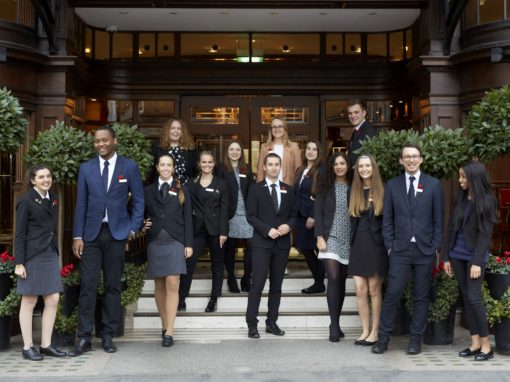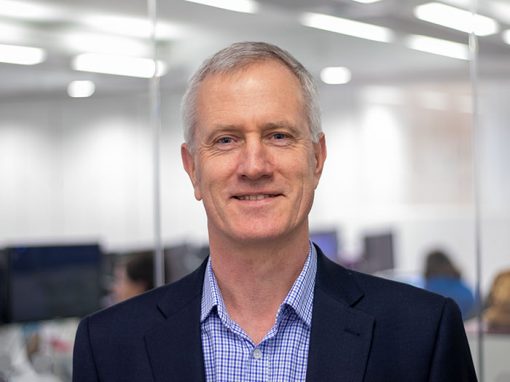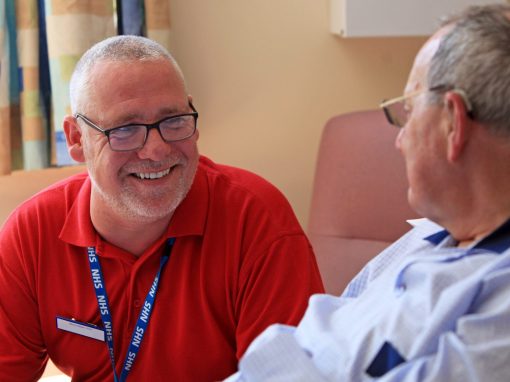Case Study: Energus – nucleargraduates: addressing a skills shortage
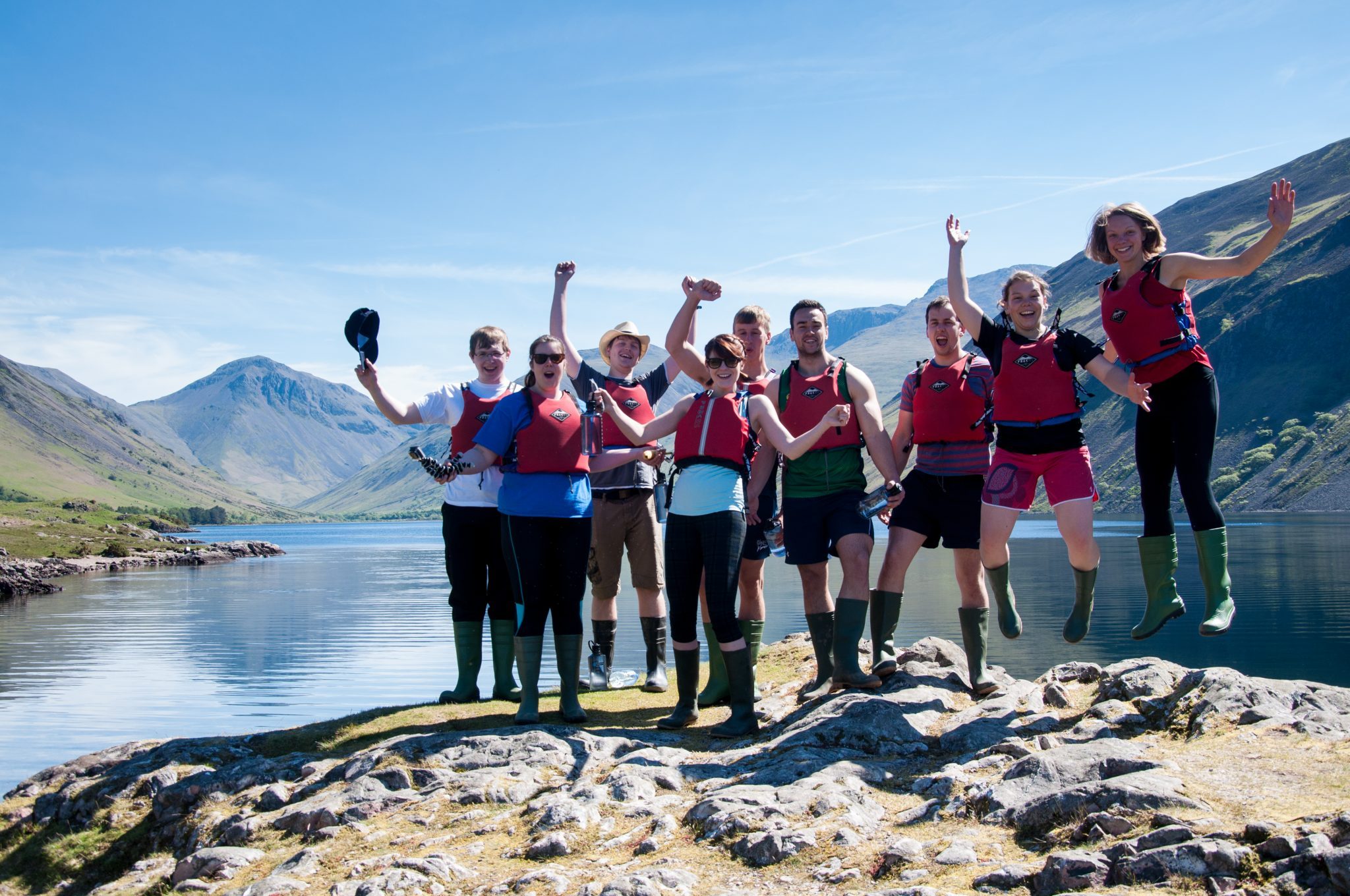
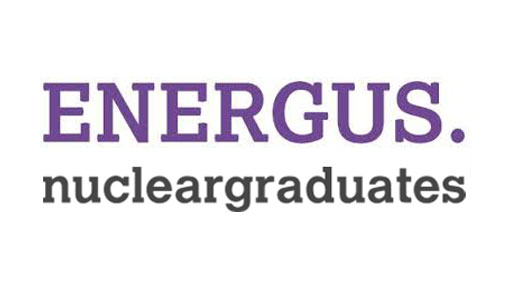
Britain’s nuclear industry is facing a significant skills shortage, with the decommissioning of a raft of power stations at the end of their working lives happening alongside the construction of a new generation of reactors. Energus’ nucleargraduates programme, established in 2007, was created to recruit and train a new generation of exceptional graduates. Since 2010, the scheme has been funded by 12 leading organisations from across the industry and it is now regarded as an international exemplar in its field.
Energus – nucleargraduates
Date 2017
Region North West
Size 50-249 employees
Sector Nuclear
graduates recruited so far
%
graduates remaining in nuclear industry
years spent on the training programme
industry sponsors
Tackling a nuclear skills shortage
The workforce need for the UK’s civil and defence nuclear sectors doubled from 60,000 in 2012 to 120,000 in 2016, against the backdrop of the commissioning of a new fleet of power stations. Facing the challenge of recruiting and training high-calibre graduates to work in the industry, the Nuclear Decommissioning Authority (NDA) launched the nucleargraduates programme in 2007. It aims to develop graduates with an awareness of the political and commercial aspects of the industry, as well as cultivate technical aptitude in subject areas including engineering, science, and business development.
In 2009, the programme was moved under the auspices of Energus, which acts as an umbrella organisation for a group of 12 industry sponsors, including Rolls Royce, Sellafield, and the Environment Agency, who employ the graduates directly. Each cohort consists of around 40 participants.
The scheme lasts two years and serves as a key starting point on the graduates’ journey to chartered status. After a rigorous recruitment period, participants undergo four two-week residential training courses, interspersed with three secondments lasting between six and eight months.
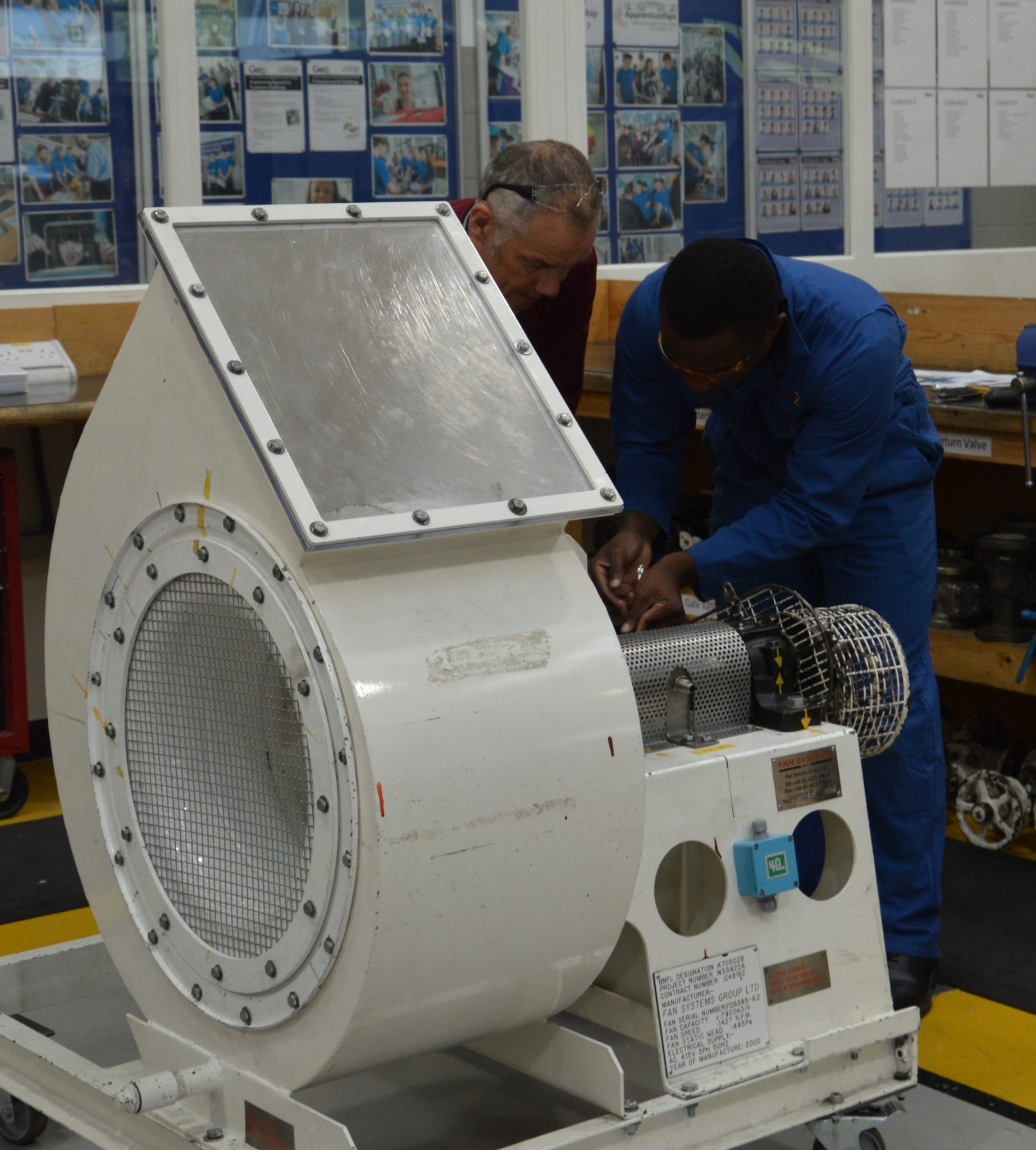
Fostering flexibility
The first secondment is with their sponsoring organisation, which Kathryn Walker, Business Systems Lead at nucleargraduates, says is to ensure that graduates “get to know the programme, get to know the sponsor, and get to know the area they are going to live after the two years – essentially to help them find their feet”.
Graduates are given a choice of organisations for their next two secondments, to allow them to achieve certain competencies towards their chartership, and determine whether they are going to be an engineer or a scientist.
As the programme progresses, all graduates are required to spend ten per cent of their time working on Footprints, the scheme’s corporate responsibility programme, which includes working as a STEM ambassador as well as founding a start-up company, to help understand the challenges faced by small businesses.
Kathryn stated that because training is entirely fitted to individual needs, “no two cohorts have the same programme, and no two graduates will have the same programme”. This flexibility means that participants can choose the secondments that interest them. “It’s up to them,” said Kathryn. “We have graduates going international, whether it is to Tokyo or Sydney, or to a really small SME where they can see a programme through from start to finish and they have quite a bit autonomy.”
The consequence of this flexibility is that the scheme has a 98 per cent retention rate among the 270 graduates recruited so far, with a further 40 having joined in October 2017.
Forward looking
Nearly 90 per cent of graduates who have completed the programme have remained within the nuclear industry, ensuring that the skills they have developed will remain available to the organisations operating in the sector. A contributor to this success is that previous nuclear graduates have now become mentors for those on the scheme.
Energus has calculated that the scheme has a return on investment of 4:1, allowing the business to expand and become self-financing. The company has plans to extend the programme, and broaden the number of sponsors, but Kathryn is clear that this will not result in the quality or the reputation of the scheme being diminished.
Looking forward, the company would like to address challenges including helping to change the perception of the industry as “a bit male, pale and stale”. “It’s about getting new ideas in there, so people understand that bringing new graduates through will bring new ideas through,” said Kathryn.
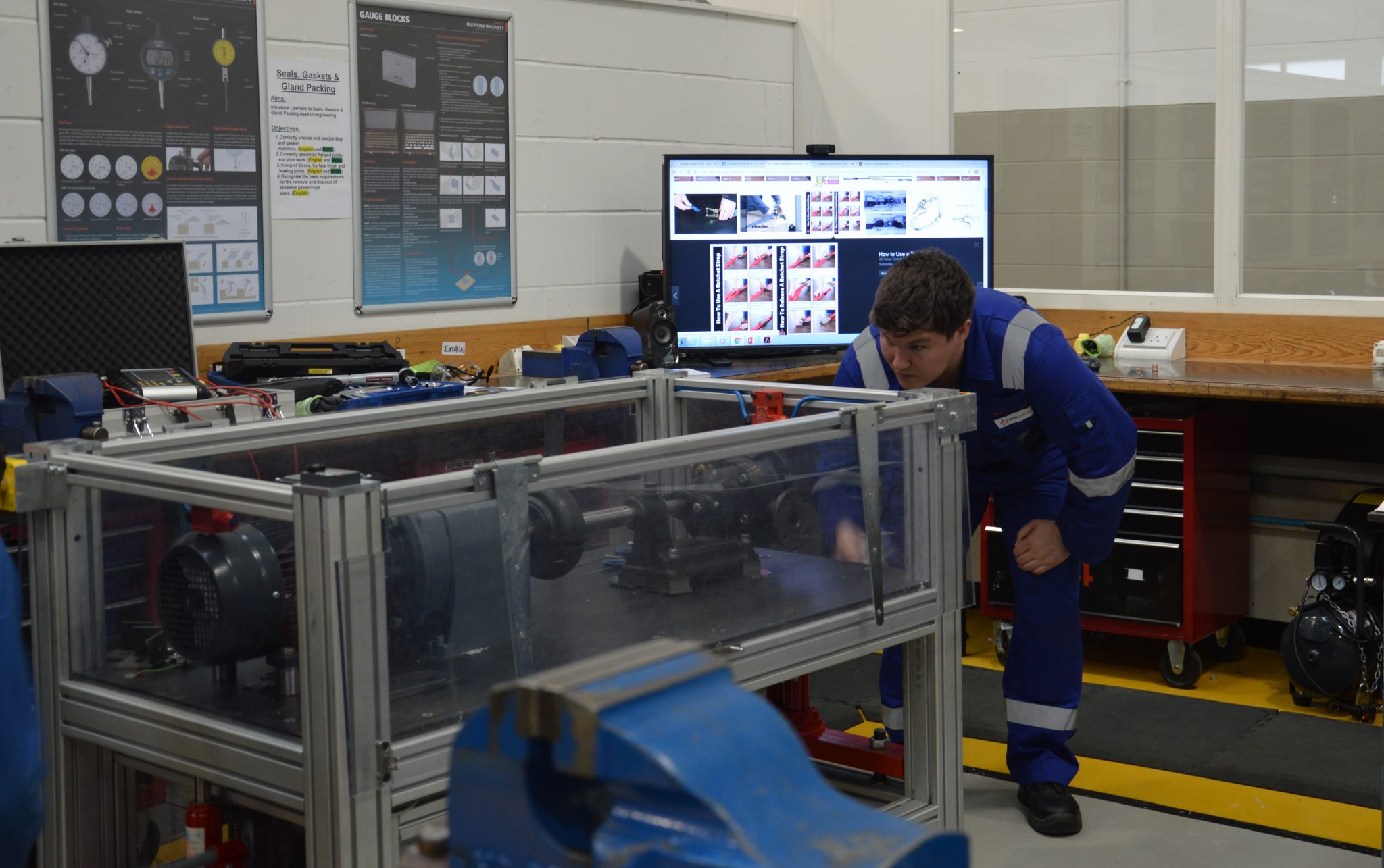
Adapting to changing skills needs
The programme is constantly reviewed to ensure it is fit for purpose and addresses current skills needs. Kathryn said: “We have quarterly customer meetings. They will explain the current needs of their organisation, and what vacancies are needed within the sector and will then recruit accordingly.”
As a result of the sector’s changing demands, the programme has now branched out to cater for graduates from a wide range of fields. “This time round we have more diverse roles,” Kathryn said. “We have got organisational psychologists on board, economists and mathematicians, so we are getting a more diverse range of disciplines as well. Working with the NDA, we have now recruited 15 apprentices this year across cyber security, IT and business administration.”
